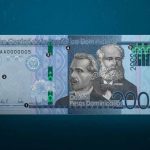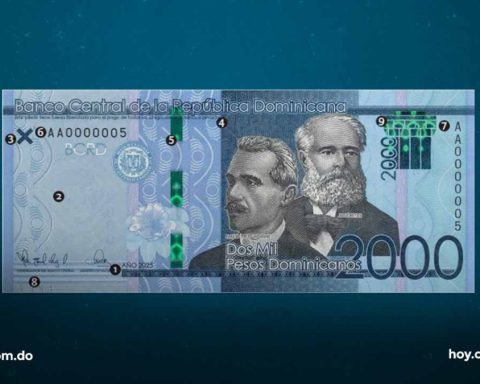Regulated last Thursday (16) after 30 years of discussions in Congress, the tax reform on consumption will promote changes in the price of food. As determined by the 2023 constitutional amendment, the complementary law defined the items in the national basic basket that will have a zero rate and the items that will have a rate reduced by 60%. On the other hand, unhealthy drinks will be surcharged.

In the case of the national basic food basket, the complementary law includes 22 products that will not pay future Value Added Tax (VAT). The list brings essential products to the diet of Brazilians, with the inclusion of regional items, such as mate and babassu oil. Another 14 foods will have a tax rate reduced by 60% in relation to the standard rate.
During the process in Congress, these points generated controversy, with the Senate removing corn oil from the basic food basket and moving it to the reduced rate list. In return, Congress added meats, cheeses, all types of flour, oats, salt and corn oil, increasing the list of products in the basic basket from 15 to 22 items.
In the last vote, in the Chamber of Deputies, parliamentarians removed mineral water from the list of products with a reduced rate. Some deputies tried to include biscuits and biscuits in the national basic food basket, with exemption, but the items remained on the lower tax rate list.
If several foods have reduced taxes, sugary and alcoholic drinks will pay more. These products were included in the Selective Tax list, known as the Sin Tax, which will be levied on goods that harm health or the environment.
The Selective Tax will also be levied on mineral goods, games of chance, vessels and aircraft, smoking products (cigarettes and related products) and vehicles. Although health experts asked – in public hearings – for the inclusion of processed foods in the tax, Congress did not accept the demands.
Final prices
In the case of the Selective Tax, the overtaxation will result in an increase in prices. Otherwise, however, it is not guaranteed. The impact of exemptions and reduced rates on final prices depends on the food production chain. This is because the future Value Added Tax (VAT), which will replace seven current taxes that affect consumption, will not be charged in cascade.
At each stage of the production chain, the producer will be able to deduct VAT on inputs. In theory, foods with a longer production chain, such as industrialized foods, will be able to take advantage of more credits (deductions) over the previous stage of production. In theory, foods in nature will have fewer discounts, because the production chain is shorter, which justifies the reduced rate for natural juices and vegetables. Even so, the definitive impacts will only be known as the tax reform comes into force, with a transition schedule of 2026 to 2033.
List of foods regulated by tax reform
National basic food basket, with zero rate
1. Sugar;
2. Rice;
3. Oats;
4. Coffee;
5. Beef, pork, lamb, goat and poultry meat and products of animal origin (except foie gras)
6. Coconuts;
7. Cassava and tapioca flour;
8. Wheat flour;
9. Beans;
10. Infant formulas;
11. Corn grain;
12. Pasteurized or industrialized fluid milk, in ultra-pasteurized form; powdered, whole, semi-skimmed or skimmed milk; and infant formulas defined by specific legal provision;
13. Butter;
14. Margarine;
15. Pasta;
16. Kill;
17. Babassu oil;
18. French bread;
19. Fish and fish meat (except salmonids, tuna, cod, haddock, saithe and roe and other by-products);
20. Cheeses such as mozzarella, Minas, dish, curd, ricotta, cottage cheese, provolone, parmesan, fresh unripened and black;
21. Roots and tubers;
22. Salt.
Food with a 60% reduction in relation to the standard rate
1. Cornstarch;
2. Biscuits and biscuits (filled, covered or buttered, without cocoa);
3. Crustaceans (except lobsters and crayfish);
4. Tomato extract;
5. Cereal flour, groats and meal; crushed or flaked cereal grains;
6. Regional nuts, peanuts and other seeds;
7. Fermented milk, beverages and dairy compounds;
8. Stuffed pasta (whether or not cooked or otherwise prepared) and instant pasta;
9. Natural honey;
10. Soybean, corn, canola and other vegetable oils;
11. Sliced bread;
12. Fruit pulps without sugar, other sweeteners and preservatives;
13. Vegetables;
14. Natural fruit or vegetable juices without sugar, sweeteners and preservatives.
Selective Tax
Extra tax on the following products that harm health or the environment:
1. Sugary drinks;
2. Alcoholic drinks;

















